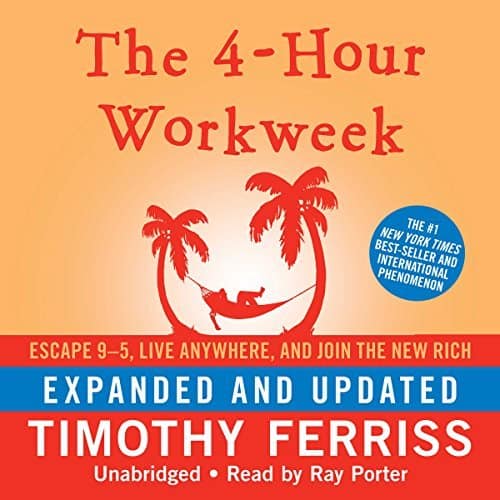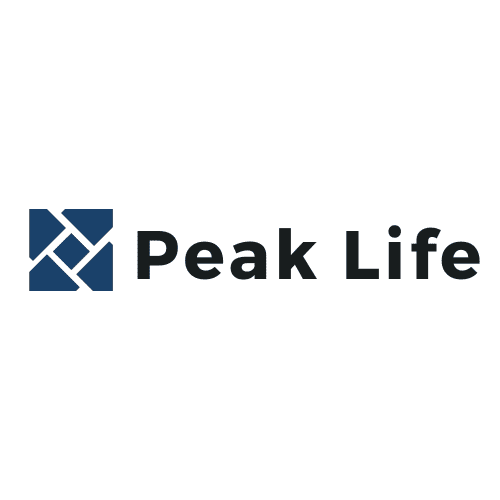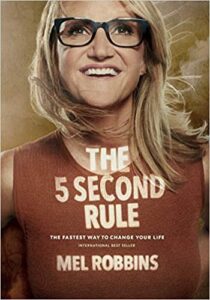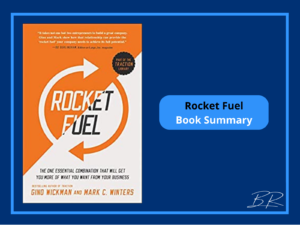The 4-Hour Workweek by Tim Ferriss Summary
This post contains affiliate links that help supports this blog and cost you the exact same. If you do not wish to use affiliate links, then feel free to google the product.

Date Consumed: 2018, March 2022
You Should Read If: you are wishing for more freedom of time and location and wanting to escape the monotony of the everyday grind.
ISBN: 978-0307465351
The 4 Hour Work Week Summary in 3 Thoughts
- Question every assumption you have about how life and work should be. Most “rules” are only generally accepted guidelines and can be broken. We spend all of our time doing things we “should,” but this comes at the cost of having less time to do the vital and most impactful work.
- Almost every task you think can only be done by yourself can be done better by someone else and often for less. Focus your time and attention on the few that can be done better or cheaper by someone else and outsource or delegate everything else.
- You do not need to wait until retirement to have the freedom to travel or to control your own schedule. Mini-retirements, working abroad, or simply taking time off to travel and enjoy life are choices you can make today. And these are just the beginning of living your best rich life.
Impressions and general feelings about the book
- This book really enforced the 80/20 principle and showed the power of being mindful of where your time and attention are going. Not all customers/jobs/tasks are worth the time. If you spend time reviewing what effort brings the best reward, you can save hours by stopping the low return on effort items with little downside.
- The one negative about this book is that it does not cover the situation where you really enjoy your job but still want more time to do other things. For this, one can apply the same rules by auditing their job and deleting/delegating/delaying the tasks they do not enjoy and instead spend more of their time on meaningful and enjoyable tasks. Not everyone is born to be an entrepreneur, and in many cases, the benefits of having a secure job that you enjoy outweigh the stress of having your own business.
- With Covid, the world has become much more accepting of remote work, and the technology to do this has made it easier to work successfully from anywhere. However, as I found out, working from home has its downsides. There are many benefits, like being surrounded by a tribe of like-minded coworkers, all working together to solve a complex problem. The key is to make sure that your job has an environment that you enjoy being in and that you are working on tasks that you are proud of.
PS: Another great book that questions the norm of our work life is It doesn’t Have To Be Crazy At Work
How the book changed me
- As an Engineer, I am very detail-oriented, which results in me typically doing an excellent job on the tasks I take on. For example: doing the dishes, responding to emails, or solving a design problem. The downside is that this leads me to be a perfectionist and not allow other people to help. Which forces me to do almost everything myself if I want it done to my own standards. Of course, this is a fools-errand because it drains my time and attention, which prevents me from solving more significant problems and impacting the world. I need to let go of my perfectionism so that I can do the impactful work that no one else can. Of course, this applies to my personal life and professional life.
- This book reinforced the power of travel and exploring other cultures. Having not traveled outside of Canada since Covid, it is easy to forget the inspiration of waking up in an Italian village overlooking the ocean while drinking a cappuccino and munching on a Nutella-filled croissant. Work is good, Canada is great, but travel is magic.
- I need to question every assumption. Many processes, procedures, and countless hours of work resulted from something going wrong one time. I need to question if all of the work to prevent a single small error warrants the effort. The more efficiently I can complete my everyday tasks, the more time I can spend impacting the world.
What I am going to implement immediately in my life
- Let more things go, and let others do the work I previously believed only I could do. I need to release control and allow others to grow and learn. Yes, they may not do as good of a job as me, but when I started, I didn’t do that great. People will improve by understanding the end goal and doing quality repetitions.
- Perform an 80/20 on my daily and weekly tasks, stop doing everything redundant or non-value-added, and delegate as much of the remaining as possible. Using the remaining time to tackle big problems that I am uniquely qualified to do.
- Make decisions with the actual goal in mind. Often we progress through life wanting to make more and more money, but that money is just viewed as a gateway to freedom. So if making more money reduces our freedom, it may not be worth it.
What I am going to stop doing immediately in my life
- Constantly allowing interruptions. I love to help people, but this comes at the expense of not getting my priorities done, which frequently are of higher value. Instead, I need to set up scheduled times to be asked for help and a process to help minimize the distractions.
- Delaying the dream of travel. I miss travel, and it is time to get back to seeing and exploring other cultures.
- Not batching tasks. Similar to the first point, allowing interruptions and responding to every email or slack message as they come in is a massive waste of attention. When interrupted, the flow magically disappears, and even if a task only takes 5 minutes to finish, it can take 20 minutes to get back in the zone.
Top 3 Excerpts
Excerpt 1
My maxim comes from Samuel Beckett, a personal hero of mine:
Ever tried. Ever failed. No matter. Try again. Fail again. Fail Better.
You won’t believe what you can accomplish by attempting the impossible with the courage to repeatedly fail better.
There are two types of mistakes: mistakes of ambition and mistakes of sloth.
Excerpt 2
The first is the result of a decision to act —to do something. This type of mistake is made with incomplete information, as it’s impossible to have all the facts beforehand. This is to be encouraged. Fortune favors the bold.
The second is the result of a decision of sloth —to not do something— wherein we refuse to change a bad situation out of fear despite having all the facts. This is how learning experiences become terminal punishments, bad relationships become bad marriages, and poor job choices become lifelong prison sentences.
Excerpt 3
Fisherman Tale – Fables and Fortune Hunters
An American businessman took a vacation to a small coastal Mexican village on doctor’s orders. Unable to sleep after an urgent phone call from the office the first morning, he walked out to the pier to clear his head. A small boat with just one fisherman had docked, and inside the boat were several large yellowfin tuna. The American complimented the Mexican on the quality of his fish. “How long did it take you to catch them?” the American asked. “Only a little while,” the Mexican replied in surprisingly good English. “Why don’t you stay out longer and catch more fish?” the American then asked. “I have enough to support my family and give a few to friends,” the Mexican said as he unloaded them into a basket. “But … What do you do with the rest of your time?”
The Mexican looked up and smiled. “I sleep late, fish a little, play with my children, take a siesta with my wife, Julia, and stroll into the village each evening, where I sip wine and play guitar with my amigos. I have a full and busy life, señor.” The American laughed and stood tall. “Sir, I’m a Harvard M.B.A. and can help you. You should spend more time fishing, and with the proceeds, buy a bigger boat. In no time, you could buy several boats with the increased haul. Eventually, you would have a fleet of fishing boats.” He continued, “Instead of selling your catch to a middleman, you would sell directly to the consumers, eventually opening your own cannery. You would control the product, processing, and distribution. You would need to leave this small coastal fishing village, of course, and move to Mexico City, then to Los Angeles, and eventually New York City, where you could run your expanding enterprise with proper management.”
The Mexican fisherman asked, “But, señor, how long will all this take?” To which the American replied, “15–20 years. 25 tops.” “But what then, señor?” The American laughed and said, “That’s the best part. When the time is right, you would announce an IPO and sell your company stock to the public and become very rich. You would make millions.” “Millions, señor? Then what?” “Then you would retire and move to a small coastal fishing village, where you would sleep late, fish a little, play with your kids, take a siesta with your wife, and stroll to the village in the evenings where you could sip wine and play your guitar with your amigos …”






